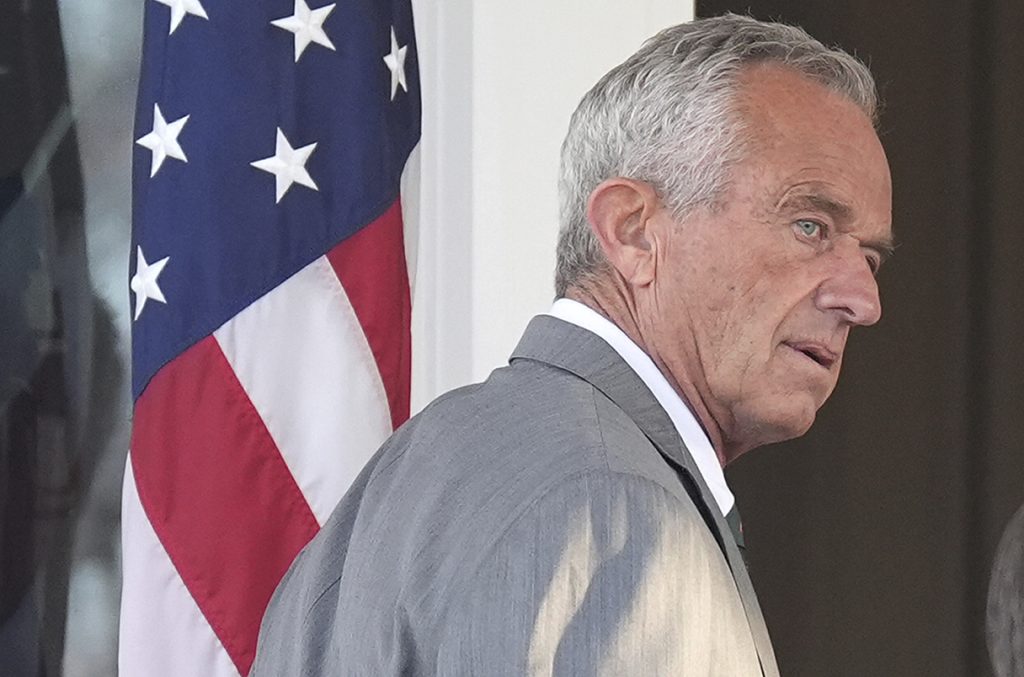Listen to the article
In a sweeping move that has shocked researchers across the United States, the Trump administration has halted millions of dollars in federal funding for misinformation research, leaving scientists scrambling and raising concerns about the future of the field.
The cuts began materializing in early April when researchers started receiving notifications that their grants were being terminated. Briony Swire-Thompson, a psychologist at Northeastern University studying cancer-related misinformation, received an email from the National Institutes of Health (NIH) stating her work no longer aligned with government priorities as it constituted “research to influence the public’s opinion.”
“It will dramatically impact the size of my lab going forward,” Swire-Thompson said, explaining she can no longer hire postdocs, research assistants, or Ph.D. students. She challenged the characterization of her work, which focuses on protecting vulnerable patients from false cancer claims. “That would mean all public health messaging is out the window,” she noted, “from telling people to quit smoking to encouraging them to wear sunscreen.”
The administration’s actions extend beyond NIH. The National Science Foundation (NSF) released a statement on April 25 specifically identifying research on “diversity, equity, and inclusion (DEI) and misinformation/disinformation” as areas where grants were terminated.
“Everyone knows how aggressive the attack is against so-called DEI,” said Brendan Nyhan, a political scientist at Dartmouth College. “But they may not quite realize that the administration is prioritizing misinformation at that same level.”
While the full scope of the cuts remains unclear, Cornell Tech researcher Alexios Mantzarlis has confirmed that at least 25 NSF grants worth $24.5 million have been terminated, with approximately $7.5 million left unspent. He estimates the actual figures could be four to five times higher.
Unlike some scientific disciplines, social science research operates on relatively modest budgets, making these cuts particularly devastating for the field. “[The] decision undercuts our capacity to build resilience against harmful misinformation just as generative AI adds to the toolkits of disinformers, fraudsters, and scammers,” Mantzarlis said.
The administration has justified these cuts by claiming misinformation research unfairly targets conservatives and infringes on free speech rights. Critics point out that several key administration figures have themselves been identified as prominent sources of misinformation, including Health and Human Services Secretary Robert F. Kennedy Jr., who was previously named as part of the “disinformation dozen” responsible for spreading vaccine misinformation online.
Researchers maintain their work isn’t about suppressing speech. “Telling you that science thinks you’re wrong isn’t censoring your belief,” explained Lisa Fazio from Vanderbilt University, whose $500,000 NSF grant studying false beliefs was terminated. “It’s more speech. It’s the freedom of speech of the fact checkers, the journalists, whoever’s writing the debunk.”
University of Bristol researcher Stephan Lewandowsky was more blunt: “Who other than a liar would cancel misinformation research?”
The impact extends far beyond current projects. As the United States produces a substantial portion of global misinformation research, the cuts will reshape the entire field. Kate Starbird from the University of Washington warned, “We’re losing perhaps an entire generation of researchers.”
European researchers may fill some gaps, aided by the European Union’s Digital Services Act, which guarantees researchers access to social media platform data. However, they cannot completely replace the abandoned U.S. research capacity.
Part of the challenge in generating public support for misinformation research stems from its association with polarizing topics like COVID-19 or election falsehoods. University of Wisconsin–Madison professor Dietram Scheufele noted this emphasis has overshadowed important work on less controversial topics like cancer misinformation.
Despite the setbacks, many researchers remain committed to their work. Swire-Thompson hurriedly collected data for three online studies the weekend before her grant was canceled. “It felt almost like a social obligation, like the right thing to do,” she said.
The timing of these cuts is particularly concerning to scientists as new challenges emerge. While researchers have previously struggled to conclusively demonstrate widespread harms from misinformation, that could change with less platform moderation, public fatigue around the issue, and potentially fewer restraints on political rhetoric.
“The relatively optimistic, or at least less pessimistic, findings of the last 10 years may not hold,” warned Nyhan.
Verify This Yourself
Use these professional tools to fact-check and investigate claims independently
Reverse Image Search
Check if this image has been used elsewhere or in different contexts
Ask Our AI About This Claim
Get instant answers with web-powered AI analysis
Related Fact-Checks
See what other fact-checkers have said about similar claims
Want More Verification Tools?
Access our full suite of professional disinformation monitoring and investigation tools



